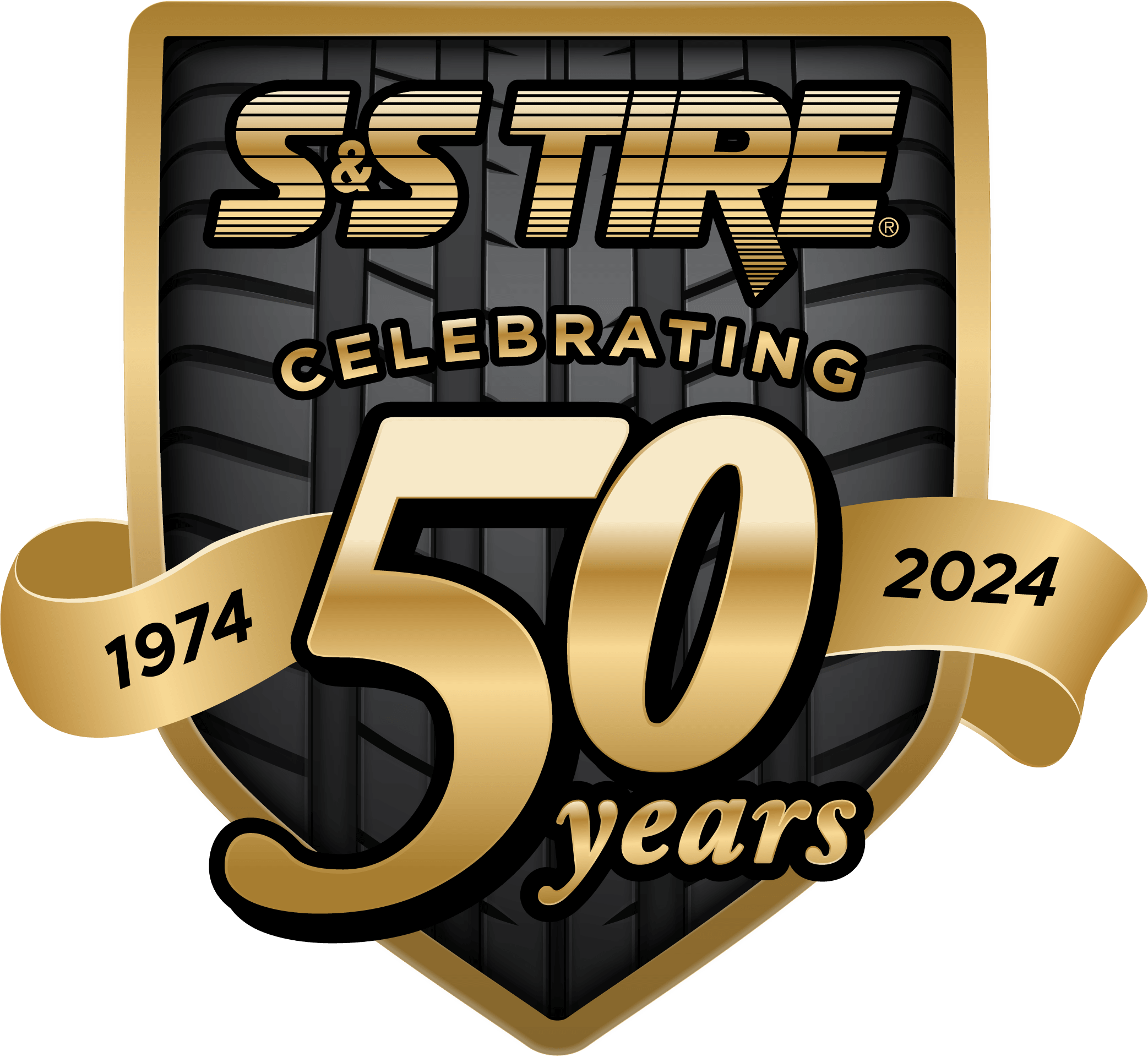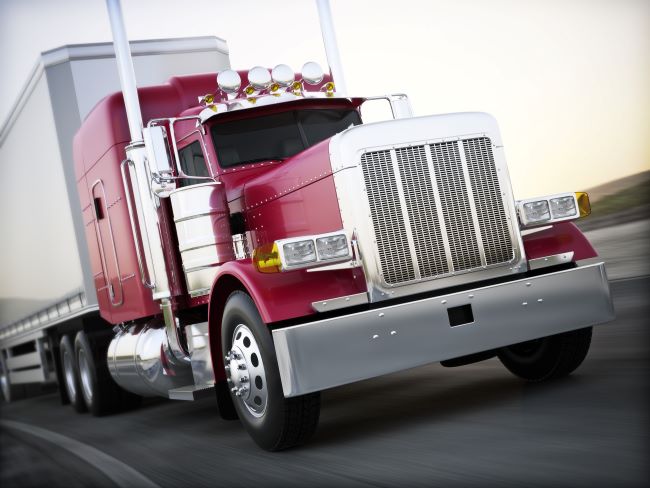Understanding Different Types of Semi Trucks
 From long-haul to regional haulers, flatbeds to tankers, and everything in between, this article offers a deep dive into the diverse world of semi trucks, catering to the needs and interests of general readers seeking to expand their knowledge on this essential aspect of the transportation industry.
From long-haul to regional haulers, flatbeds to tankers, and everything in between, this article offers a deep dive into the diverse world of semi trucks, catering to the needs and interests of general readers seeking to expand their knowledge on this essential aspect of the transportation industry.
Introduction to Semi Trucks
Semi trucks, also known as semi-trailer trucks or tractor-trailer trucks, have been an integral part of the transportation industry for many decades. These powerful vehicles play a crucial role in the movement of goods across the country, contributing to the functioning of various industries and the economy as a whole. Understanding the different types of semi trucks is essential for anyone looking to expand their knowledge of the transportation industry and the vehicles that drive it.
Long-Haul Semi Trucks
Long-haul semi trucks, also known as over-the-road (OTR) trucks, are designed for transporting goods over long distances. These trucks are equipped with a sleeper cab, allowing the driver to rest during extended journeys. Long-haul semi trucks are known for their high fuel efficiency and advanced automotive technology, making them suitable for covering thousands of miles without frequent stops.
Key features and specifications of long-haul semi trucks include powerful diesel engines, spacious sleeper cabs with amenities for driver comfort, and large fuel tanks for extended range. While these trucks are efficient for long-distance transportation, they are not as maneuverable in urban areas and may not be suitable for short-distance hauls.
Regional Haul Semi Trucks
Regional haul semi trucks, also referred to as day cabs, are designed for shorter distance transportation within a specific region or local area. These trucks typically do not have a sleeper cab and feature a flat roof design. Regional haul semi trucks are known for their maneuverability and are often used for deliveries to urban and suburban areas where space and accessibility are limited.
Key features and specifications of regional haul semi trucks include smaller fuel tanks, lighter weight for improved maneuverability, and a focus on driver comfort during shorter journeys. While these trucks are ideal for regional transportation, they may not be suitable for long-haul journeys due to the lack of sleeper accommodations.
Flatbed Semi Trucks
Flatbed semi trucks are specifically designed to transport oversized or oddly shaped cargo that cannot be accommodated in traditional enclosed trailers. These trucks feature a flat, open trailer bed that allows for easy loading and unloading of various types of freight, including construction materials, machinery, and large equipment.
Key features and specifications of flatbed semi trucks include adjustable cargo securing mechanisms, such as chains and straps, to ensure the safe transportation of diverse loads. While flatbed trucks offer versatility in transporting a wide range of cargo, they require additional effort for securing and protecting the freight from external elements.
Tanker Semi Trucks
Tanker semi trucks are designed for transporting liquids, such as fuel, chemicals, and food-grade products, in large cylindrical tanks. These trucks are equipped with specialized pumping and safety systems to ensure the secure transportation of liquid cargo without spillage or contamination.
Key features and specifications of tanker semi trucks include reinforced tank construction, advanced pumping and metering systems, and strict adherence to safety regulations for hazardous materials transportation. While tanker trucks are essential for transporting liquid cargo, they require specific handling and maintenance to prevent accidents involving spills or leaks.
Specialized Semi Trucks
In addition to the standard categories of semi trucks, there are specialized types tailored to unique transportation needs. These include refrigerated trucks for transporting perishable goods, oversized or heavy haul trucks for moving large and heavy equipment, and other specialized vehicles for specific cargo requirements.
Each specialized semi truck type has unique features and specifications tailored to the specific cargo it transports, along with advantages and disadvantages related to its specialized nature. For example, refrigerated trucks require advanced cooling systems for temperature-sensitive cargo, while oversized trucks require special permits and route planning due to their size and weight.
Conclusion
Understanding the diverse world of semi trucks is essential for anyone interested in the transportation industry. From long-haul to regional haulers, flatbeds to tankers, and specialized vehicles, each type of semi truck plays a critical role in the movement of goods across the country. By recognizing the unique features, specifications, and purposes of different semi truck types, individuals can gain a deeper appreciation for the significance of these vehicles in the transportation industry.
As accidents involving semi trucks can have serious consequences, it is important for trucking companies and drivers to prioritize safety and compliance with regulations. In the unfortunate event of an accident, seeking legal assistance from professionals such as an Atlanta truck accident attorney or personal injury attorneys specializing in commercial truck accidents can provide the necessary support and guidance.
The commercial truck market share continues to be a significant aspect of the transportation industry, and building a preventive maintenance program and prioritizing safety measures are crucial for ensuring the safe and efficient operation of semi trucks. As technology and regulations continue to evolve, the future of semi trucks will likely see advancements in fuel efficiency, safety features, and environmental sustainability, further shaping the landscape of the transportation industry.
S&S Tire: Your Semi Truck Professionals
S&S Tire is constantly helping long-haul truckers, owner-operators, and freight carriers reduce costs and maximize performance. Sometimes, it involves proactive maintenance and inspection, responding with 24/7 service, improving truck alignment, or retreading tires and repairing rims. Sometimes, it is about replacing dual tires with super single tires.

